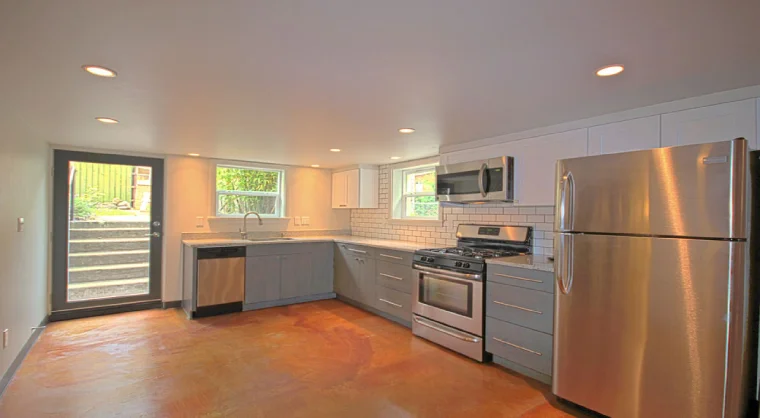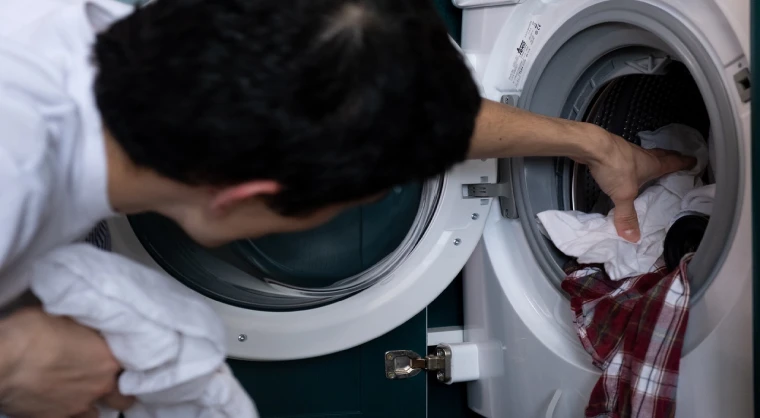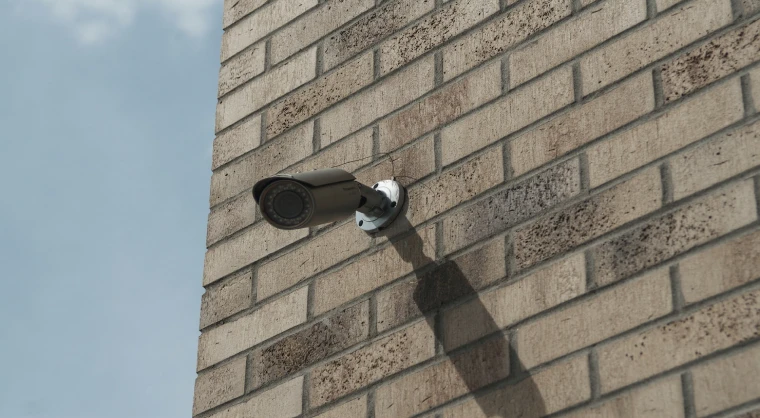Owning a home is a huge responsibility. As you age, it can become increasingly difficult to keep up with the maintenance and finances necessary to keep your home in good condition. If you’re an elderly homeowner struggling to keep up with the demands of home ownership, here are a few pieces of advice that may help you out.
Keep Up With Regular Maintenance
One of the most important things you can do as a homeowner is to keep up with regular maintenance tasks to ensure home safety. These tasks may include changing the furnace filter, checking the smoke detectors, or ensuring the gutters are clear of debris. Keeping up with these jobs prevents more expenses and bigger problems down the road.
Of course, it can become more difficult to complete these tasks physically. If this is the case for you, consider hiring someone to help you or asking a friend or family member to lend a hand. Also, if it’s a bigger project, you should plan in advance. For example, if you know that you’ll need a new roof in the next few years, start looking for help and preparing now so you can handle it when the time comes.
Part of keeping up with home maintenance is also staying organized and tracking repairs that have been or need to be made. This will help you remember what’s been done and what still needs to be done.
And speaking of staying organized, ensure you keep your home clean and clutter-free. A clean environment will help you feel better and be less likely to cause you or anyone in your household to trip and fall.
Consider A Reverse Mortgage
Reverse mortgages are a type of home loan where homeowners borrow money against the value of their home without having to fulfill monthly payments or give up ownership of the property. Homeowners who take out a reverse mortgage loan must be able to pay off the loan with other funds when it becomes due. The funds from a reverse mortgage can be used for anything the borrower wants, including supplementing retirement income, paying off a traditional mortgage, making home improvements, or covering healthcare costs.
The loan is repaid when the last borrower moves out of the property, sells it, or dies. If the borrowed amount exceeds the value of the property when it is time to repay the loan, the lender is only owed the value of the house at that time and no more.
How Does a Reverse Mortgage Work?
To qualify, you must be 62 years old at least. Also, you should have significant equity in your home—usually at least 50%. You must also occupy the property as their primary residence.
Lenders typically require that borrowers participate in consumer counseling before taking out a reverse mortgage loan. This is to ensure that borrowers understand all aspects of the loan and its implications.
There are no restrictions on how borrowers can use their loan proceeds, but they must continue to pay their property taxes and homeowners insurance and maintain their homes in good repair. If they fail to do so, they may default on their loans and put themselves at risk of foreclosure. Lastly, there are also three types of reverse mortgages.

Be Prepared for Unexpected Repairs
No matter how well you take care of your home, there will inevitably be times when something breaks or needs repair. It’s important to have some money set aside so that you can cover these unexpected costs without breaking the bank. One way to do this is to create a “home repair fund” or a savings account that you contribute to on a monthly basis so that you have money available when needed. Another option is to purchase a home warranty, which can help cover the cost of repairs for major appliances and systems.
Understand Your Home Insurance Coverage
Homes are always susceptible to damage from things like fires, burglaries, and severe weather events. It’s important to make sure that your home insurance policy provides adequate coverage for these risks. Review your policy regularly with your insurance agent to ensure that it still meets your needs; as your home changes over time, so too should your insurance coverage.
Owning a home is a big responsibility at any age—but it can be especially challenging for seniors who may have difficulty completing routine maintenance tasks or paying for unexpected repairs. However, by following these tips and staying prepared, seniors can maintain their independence and enjoy their homes for many years to come.





